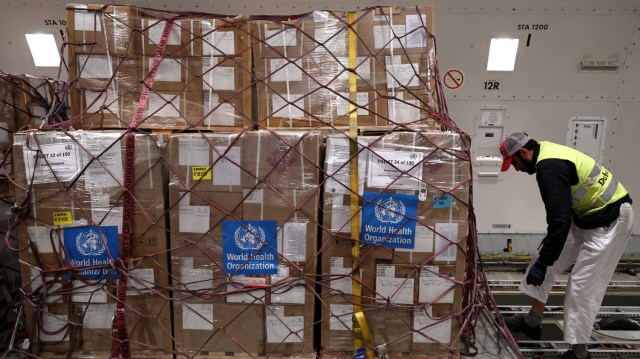Why the World Health Organization Remains Irreplaceable in Global Health

When it comes to global health investments, the United States' modest contributions to the World Health Organization (WHO) represent an extraordinary return on investment that far exceeds their monetary value. Despite the relatively small financial commitment, these funds generate tremendous impact across the world's most vulnerable communities.
The WHO's strategic interventions touch millions of lives through critical health initiatives, disease prevention programs, and emergency response efforts. From combating infectious diseases to providing essential medical support in crisis regions, the organization leverages every dollar with remarkable efficiency.
Consider how these minimal investments translate into tangible global benefits: vaccination campaigns that protect entire populations, rapid response mechanisms during health emergencies, and comprehensive health infrastructure development in underserved regions. The ripple effects of these investments extend far beyond immediate medical interventions, contributing to long-term economic stability and human development.
By supporting the WHO, the United States not only demonstrates global leadership but also creates a cost-effective mechanism for addressing international health challenges. These strategic contributions represent a smart, compassionate approach to global health diplomacy—proving that sometimes, the smallest financial commitments can yield the most significant humanitarian returns.
